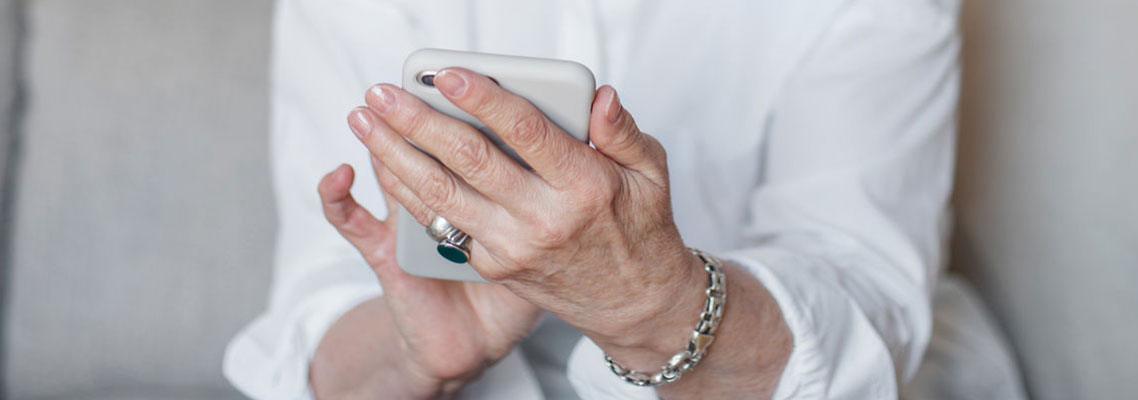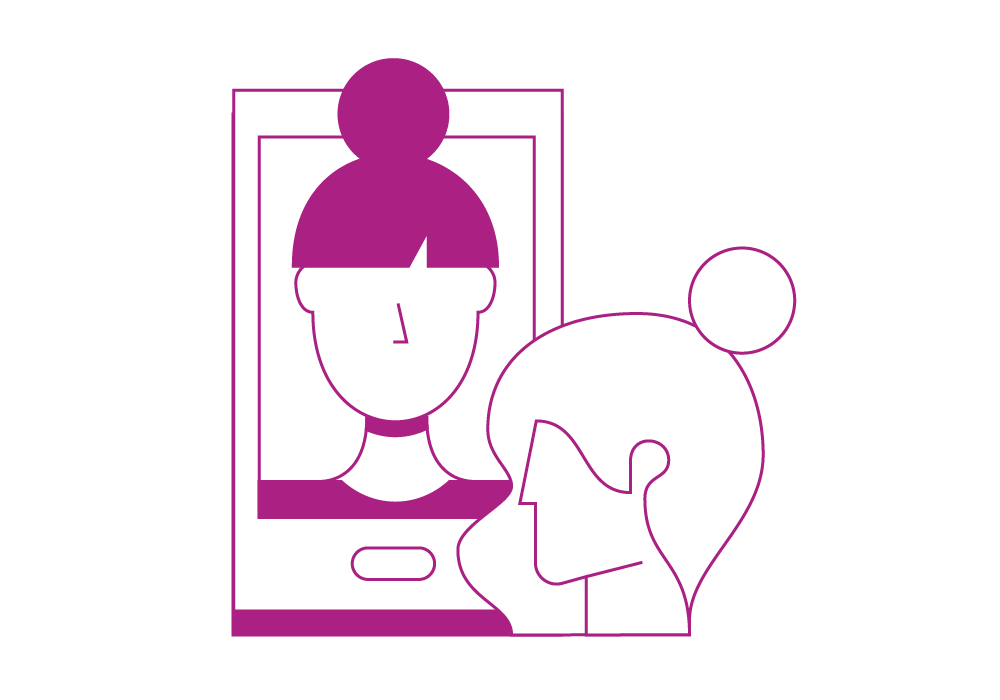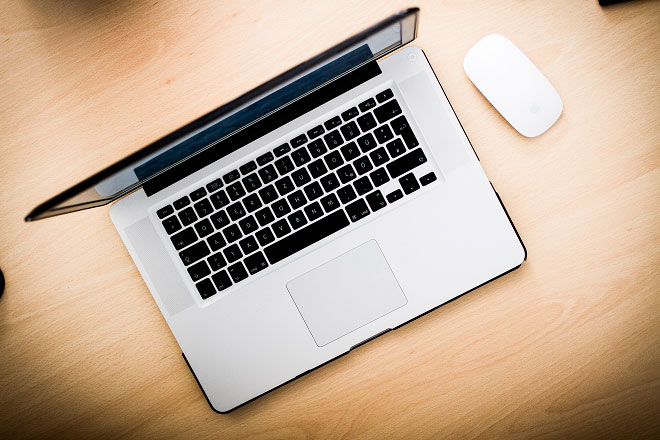
Cora (not her real name) is 64 years of age and has experienced a lot in her life so far. She has won the struggle with substance misuse, and now takes medication to get a grip on her thoughts and feelings. For the last year, Cora has stayed in touch with her practitioner through video sessions. What are her experiences?
People with severe, long-term conditions often follow long and intensive care programs, says Gemma Nijboer, project manager at GGZ inGeest (a mental health institution in the Netherlands). The institution uses video sessions to stay in touch with exactly this target group - people who need intensive guidance. By means of video calls, they offer more targeted care in an efficient way. Contact alternates between face to face conversations and video calls. This also applies to Cora, who is under treatment at GGZ inGeest.
What did you think when you first heard about video sessions?
Video calls were completely new to me at the time. I had never used Skype or anything similar before, but I was active on Facebook though. When I was offered video calls, I was a bit nervous and anxious, but after a test run and practicing, I found that I could do it. I didn't have any trouble finding the right buttons and keys, for example.

What's the difference with 'ordinary' sessions?
The conversation isn't different, it's the same as in face to face conversations, really. To be honest, I don't notice a difference between a video call and a normal home visit. It is as if my therapist is sitting next to me on the couch during the video call. I notice that my dog, who always sits next to me on the couch during the video sessions, also sees my therapist on the screen and recognises her.
During video calls, I sometimes smoke a cigarette. I wouldn't do that during a regular home visit, because my therapist doesn't smoke. And I like the fact that I don't have clean up my mess before the session.
What do you like about video sessions?
If I have a crucial need for a conversation, for example, when I'm feeling down, I can contact my therapist directly. That's a real reassurance for me. So far, I haven't used it, but it's very nice to have the possibility.
"To be honest, I don't think there's much difference with a normal home visit"
I didn't have a good childhood. I can discuss that with my therapist, but I find it harder to do during a normal face to face conversation than over a video call. Also, I was addicted to alcohol. That makes the Christmas period a hard time, because there are a lot of alcohol commercials all of the time which give me the urge to go back to drinking. So, my therapist and I had more contact using video calls during the holiday season, to monitor me and make sure I wouldn't get hooked on the bottle again. During that time, I was feeling low all the time; but now I don't suffer from that anymore.

Do you have any tips for others?
In the future, I want to keep using video calls. I don't get a lot of visitors, but video calling and the internet gives me the feeling I am connected to people anyway. I don't think online is less personal. So I would recommend video calls to everyone! You’re relaxed in your own environment, and you can do as you please. I like that.
Want to know more?
Interested to know more about how video calling can be used in mental healthcare?
